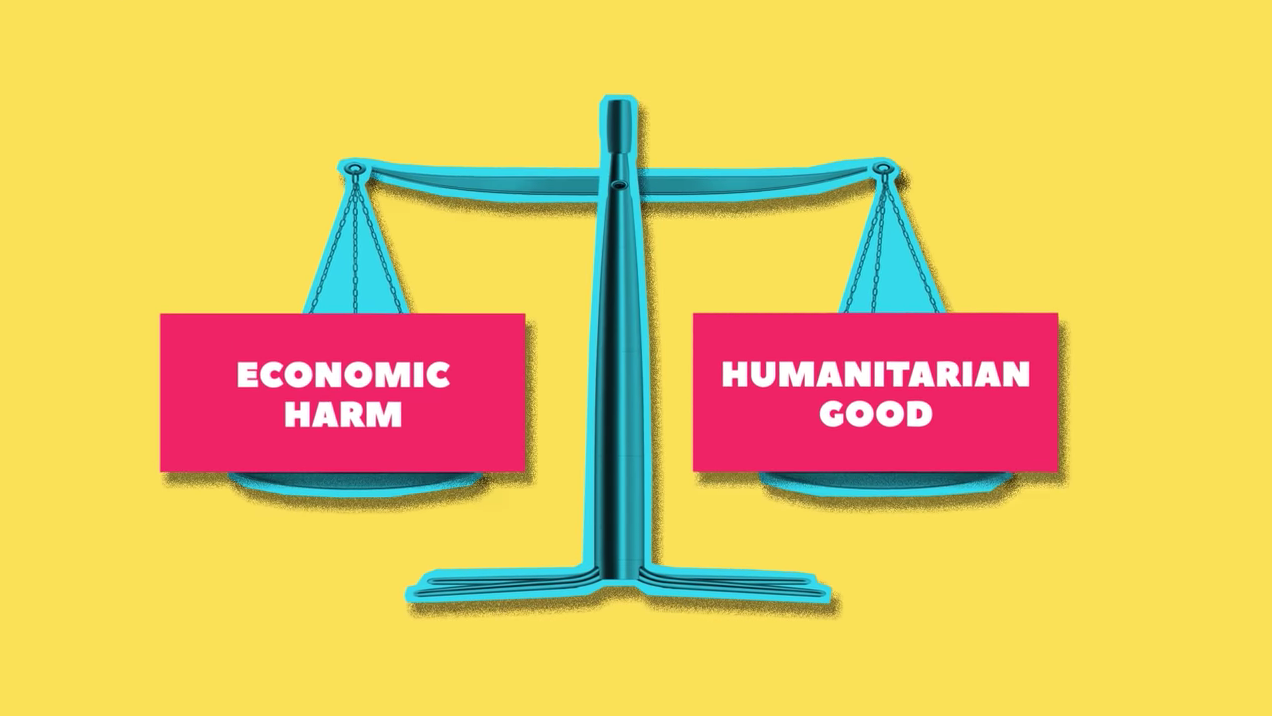When debating entitlement reform, any critic of the status quo will be quick to remember the infamous 2012 campaign commercial wherein Rep. Paul Ryan pushes his grandmother over a cliff. For some, the ad was typical political-hardball-turned-cultural-meme; for others, it remains a haunting reminder of the vilification one is bound to endure by asking even the tamest questions about frightening math.
It’s a common cultural confusion—that we must choose between lofty humanitarian goals and grounded economic realism. The reality, of course, is that the two must go hand hand.
“Good intentions” aren’t all that good without genuine care or concern about the authenticity or viability of the solutions at hand; if humanitarian goals aren’t reached or reachable, the “why” should actually matter, as should the debate. Likewise, overly focusing on the numbers and budgets and spreadsheets may lead us to either forget our ethical objectives and obligations or succumb to an equally destructive set of scientisms.
In a new short film from PolicyEd, the Hoover Institution’s John Cogan seeks to remind us that the solution is more often both-and, and we ought to reframe the entitlement debate as such, elevating the humanitarian goals alongside a focus on economic costs and risks (and the moral costs they imply).
“We have focused on providing assistance without giving due consideration to the costs that go along with that assistance,” Cogan explains. “Now is the time for a rebalancing.”
This basic ignorance of cost-benefit economic realities extends across all policy areas, of course, but there’s perhaps no greater disconnect between stated values and actual outcomes than the recklessness in the current entitlement state. Let’s not forget: these programs constitute roughly two-thirds of the national budget.
As for Cogan’s solution, he supports many of the typical ideas put forth by the center-right, from increasing the retirement age to balancing future payments with inflation to more flexible investment options for younger people. He also rightly points to the importance of economic growth, and the importance of a healthy economy to a healthy safety net.
Critics of the current entitlement state, such as myself, will likely question these solutions as too slow, too moderate, or too soft, giving the programs themselves far too much credit. But once again, we too easily bypass the more fundamental sticking point for the broader culture.
The bigger and more basic takeaway has to do with the rebalancing, which needs to take place before and beyond the levers of policy. We have seen plenty of moderate, tempered, piecemeal attempts to chip away at the entitlement beast, but all fail—no matter how extreme, how moderate—due to that more basic granny-over-the-cliff image that has been cemented and reinforced in the cultural imagination.
In approaching these debates, let’s be keen to remember that both-and perspective and all that it requires and implies: that true humanitarianism requires robust economic and moral vision, and we shouldn’t be afraid of the serious questions that will be involved if we are to reconcile the two.
